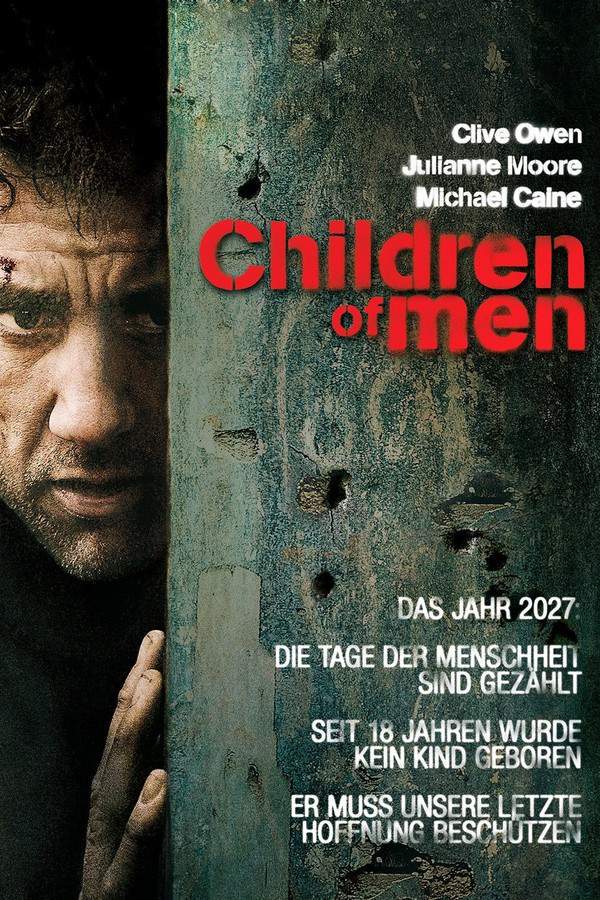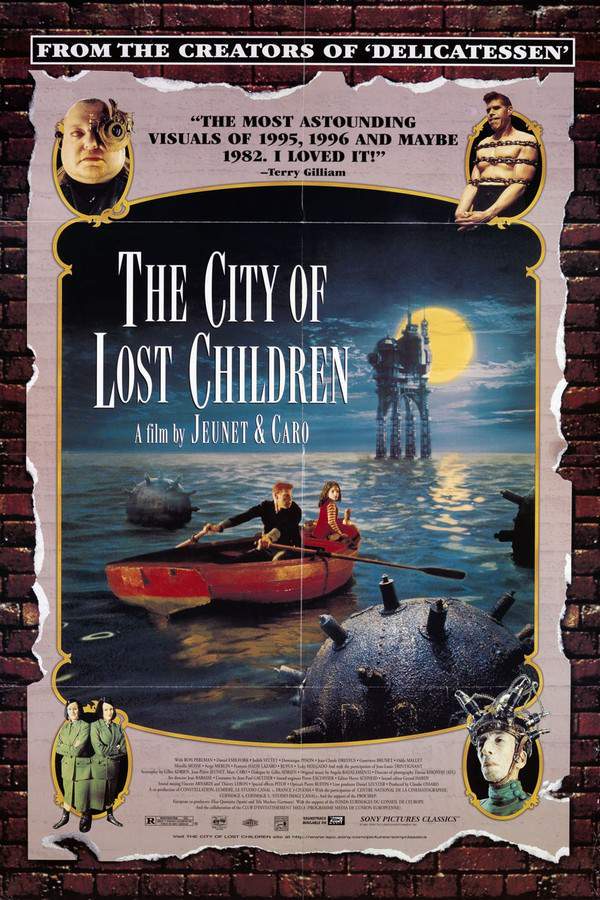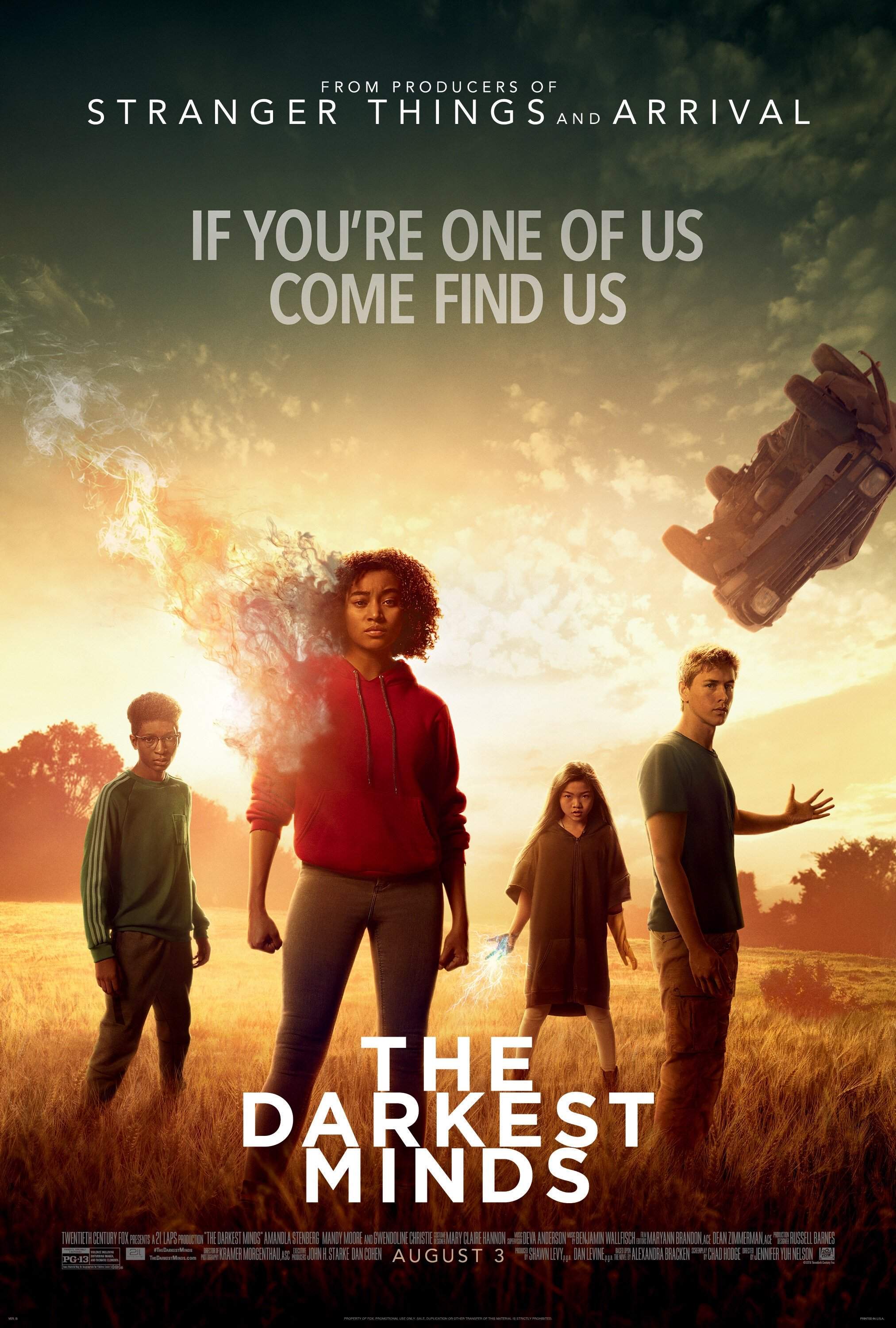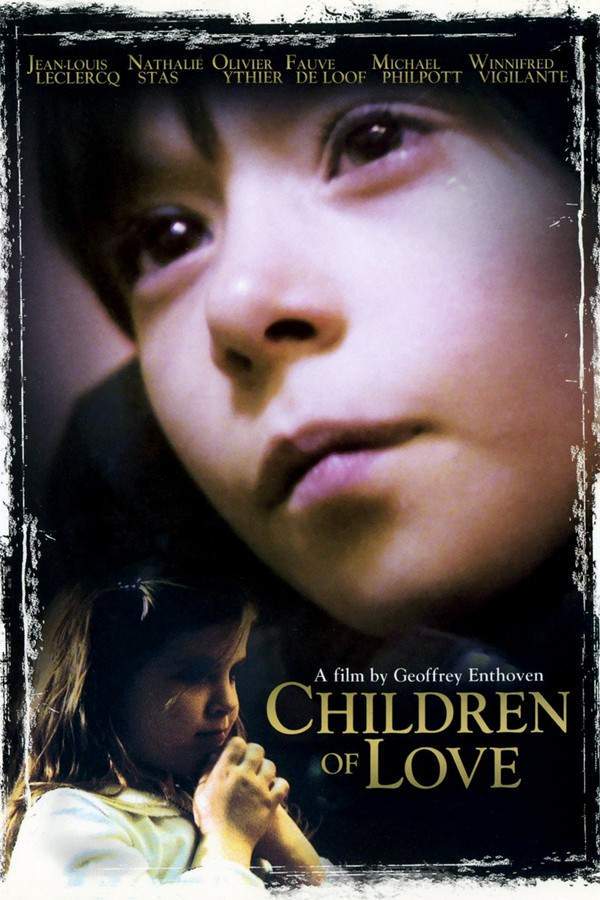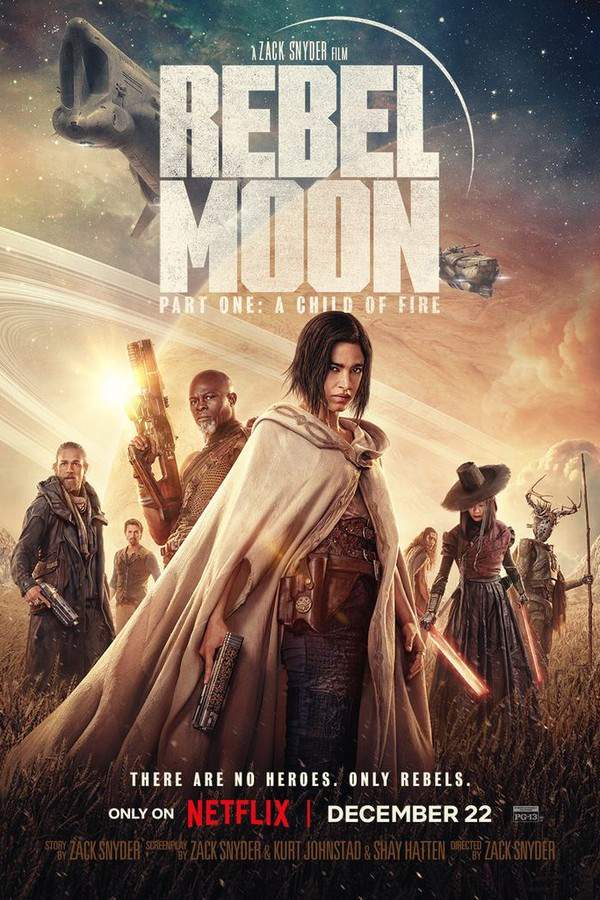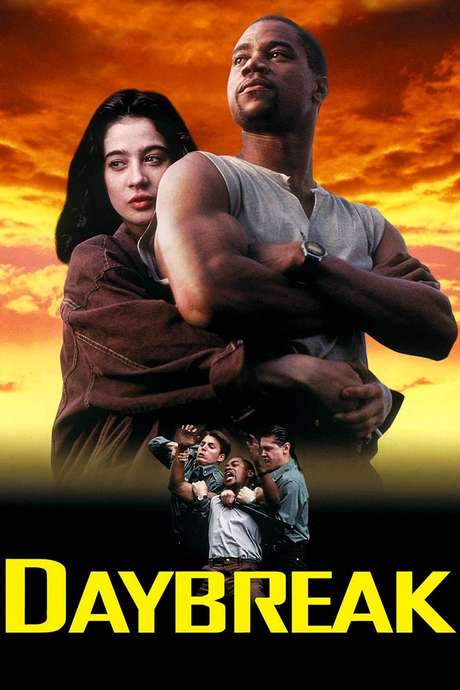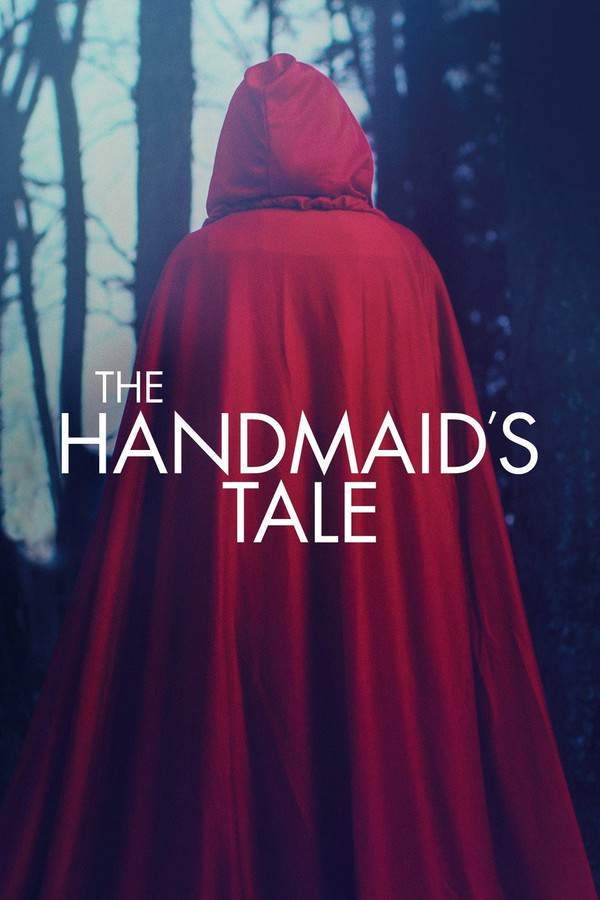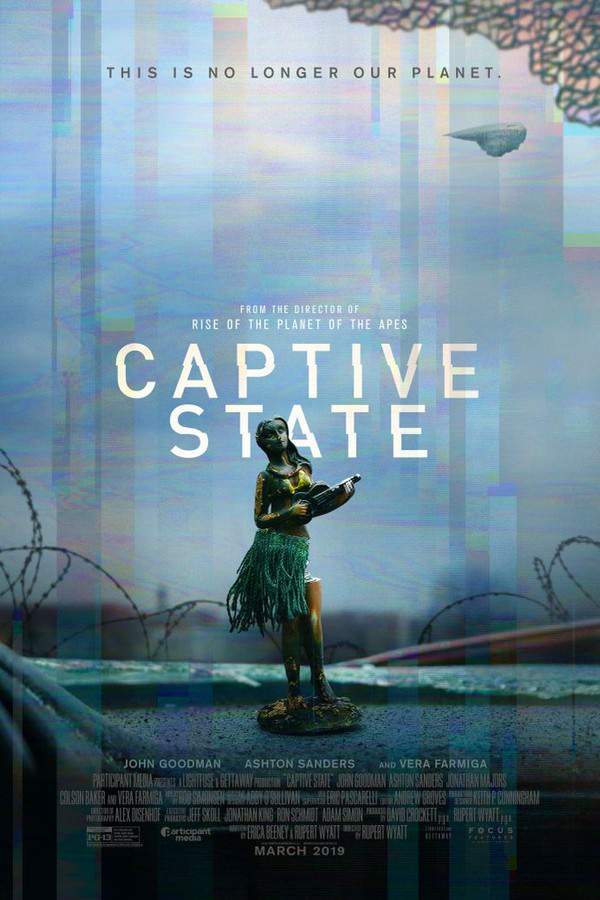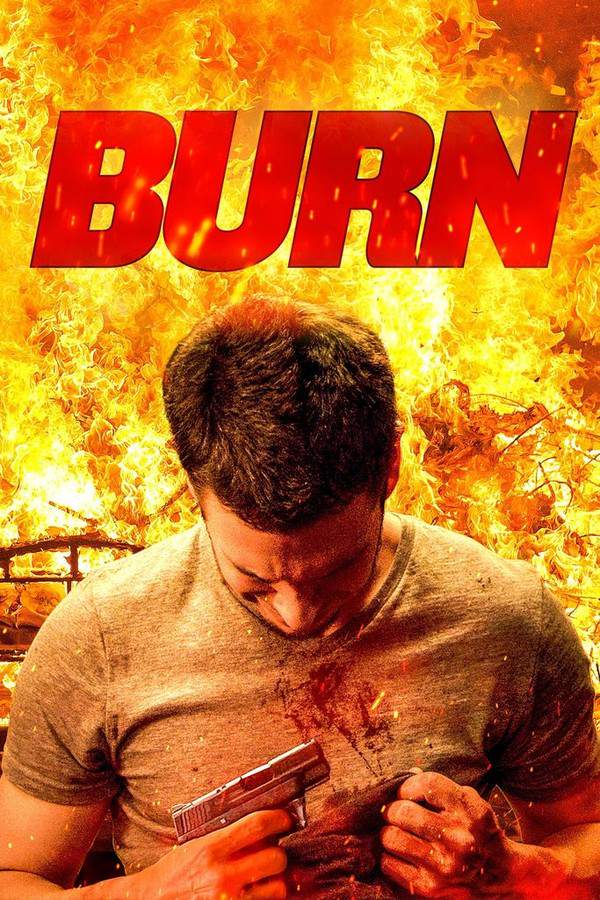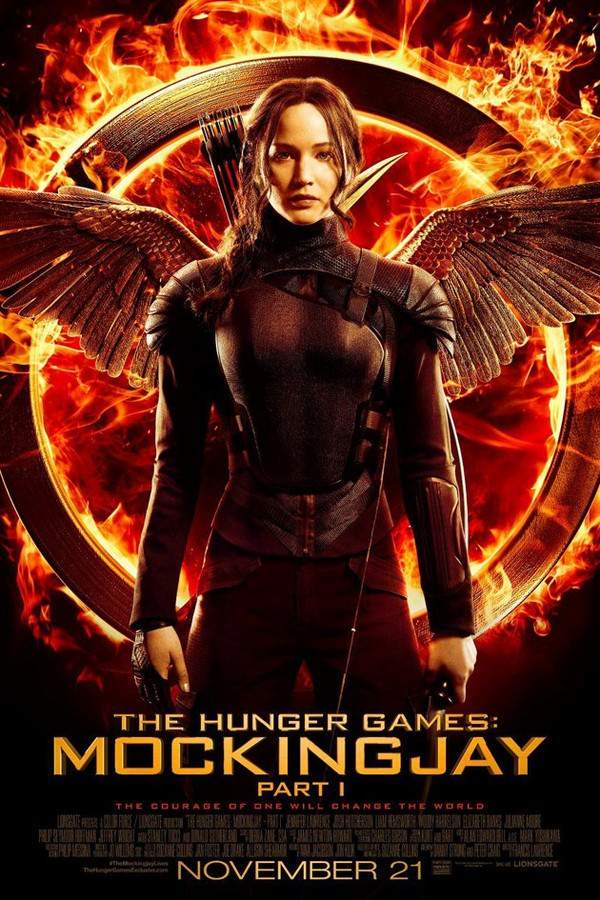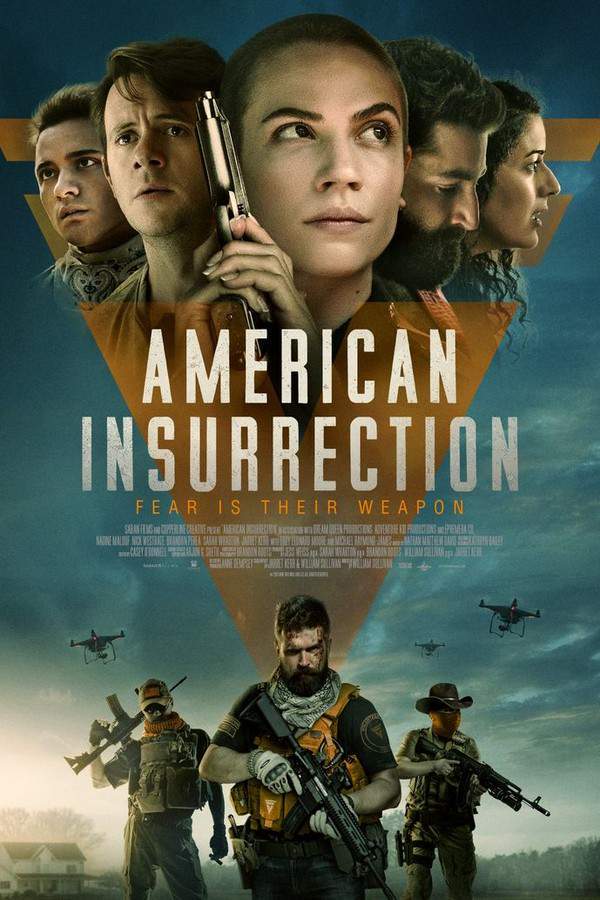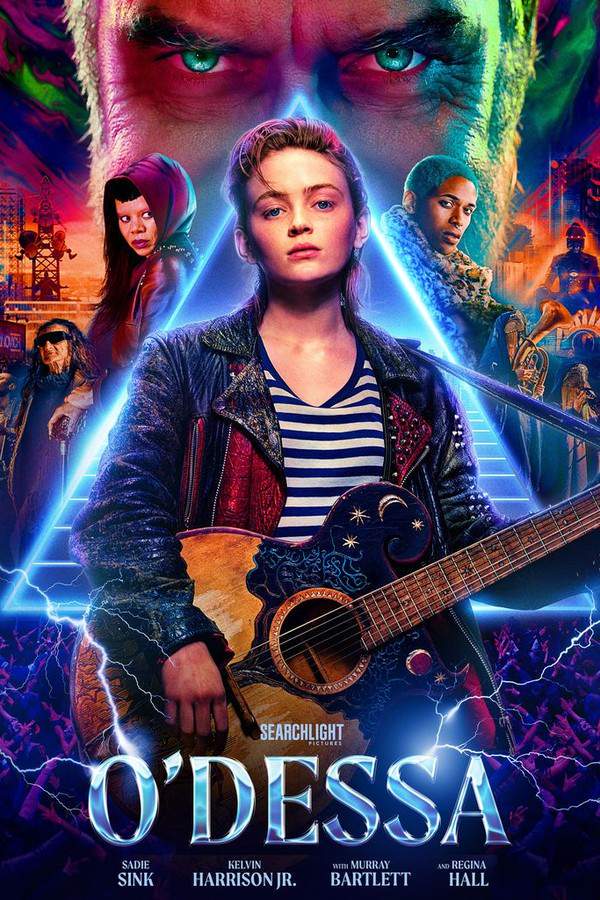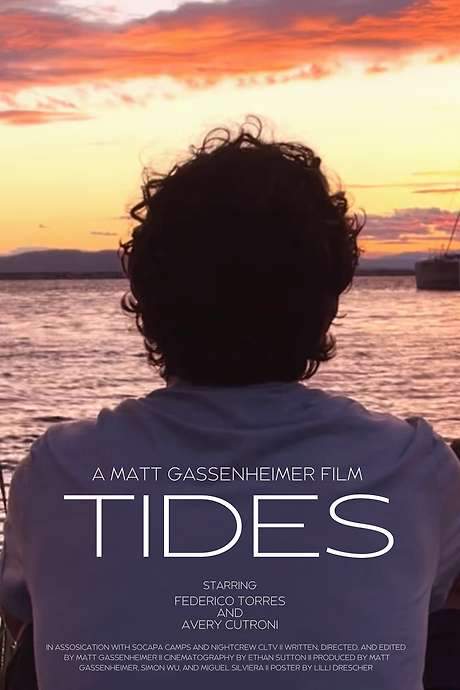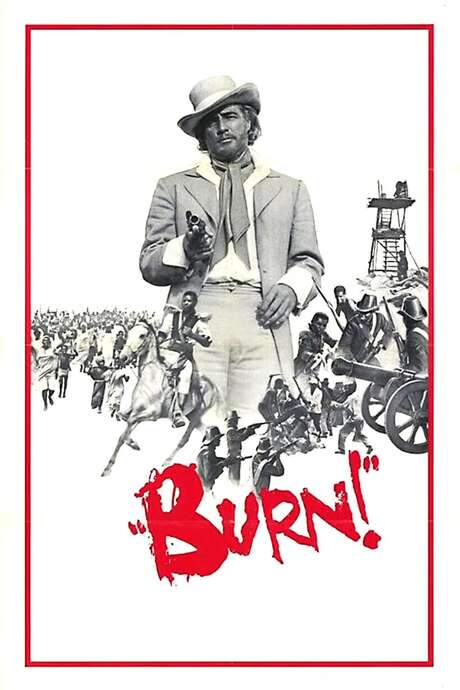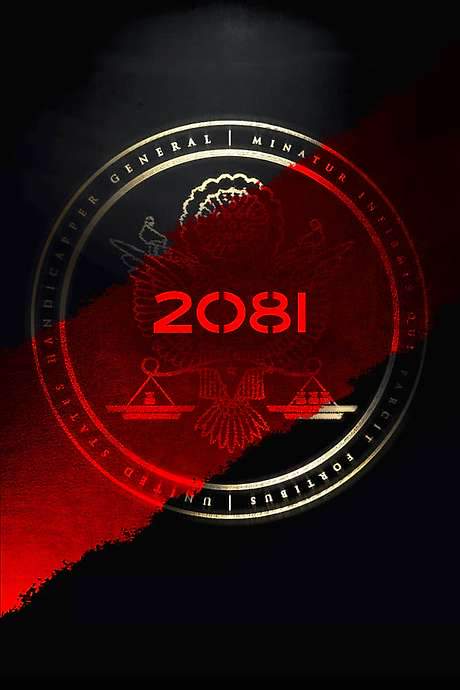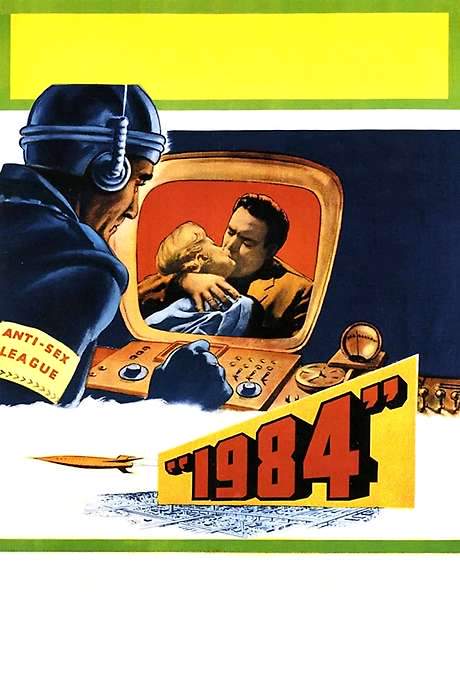
The White King
Year: 2016
Runtime: 89 mins
Language: English
Directors: Alex Helfrecht, Jörg Tittel
In a harsh, isolated dictatorship, twelve-year-old Djata enjoys a carefree life until his father, Peter, is imprisoned by the government. Branded as traitors, Djata and his mother, Hannah, face immense hardship. Determined to reunite with his father, the boy embarks on a journey fueled by resilience and a refusal to surrender to despair, confronting the challenges of a repressive regime.
Warning: spoilers below!
Haven’t seen The White King yet? This summary contains major spoilers. Bookmark the page, watch the movie, and come back for the full breakdown. If you're ready, scroll on and relive the story!
The White King (2016) – Full Plot Summary & Ending Explained
Read the complete plot breakdown of The White King (2016), including all key story events, major twists, and the ending explained in detail. Discover what really happened—and what it all means.
In a dystopian realm called Homeland, Djata, Lorenzo Allchurch, is a 12-year-old who grows up under a ruthless dictatorship that keeps the outside world far from his door. His father, Peter, Ross Partridge, explains the regime’s harsh truth and speaks of a fabled treasure guarded by Pickaxe, Ólafur Darri Ólafsson. When two government agents seize Peter, Djata’s family is branded traitors by the state and by many neighbors, forcing them to confront the regime’s iron grip and the peril it creates for their lives, with Hannah, Agyness Deyn standing beside him as his mother and protector.
On Djata’s birthday, he visits his paternal grandparents, who remain loyal to the regime. The grandfather places a gun in Djata’s hands and orders him to shoot a cat, pressing him to prove his loyalty. Djata hesitates, and the grandmother pushes him to comply. That night, the grandfather gives him a medal his father won as a boy for being a skilled shooter. Returning home, Djata’s mother prepares a birthday cake, but she notices the medal and scolds him for accepting a gift that embodies the grandparents’ brainwashing. The moment foreshadows the tug-of-war between affection, obedience, and the truth that his family is trying to uncover.
The next day, Djata and his friends play football with the ball his father gave him when two bullies known as “the twins,” Romulus and Remus, swoop in to seize candy and take the ball. Later at the market, Djata and his mother are turned away, blacklisted by a regime that defines them as enemies. A dead bird carries a note inviting Djata to a fight, sent by the same bullies. In the ensuing confrontation, Djata infiltrates the twins’ base, is briefly restrained, and, refusing to surrender, breaks free and escapes with his football.
Back home, his mother searches for any possible way to locate his missing father. They ask his in-laws for help, but they are refused. They then visit the local General, General Meade, who is revealed in the course of their encounter to be a complicated figure: he attempts to pressure them out and, in a tense moment, Djata encounters a female android playing chess, a nod to the film’s opening image of Djata and his father playing chess. The General’s influence is chilling—he leaves them with a warning that Djata’s father’s fate could mirror his own. When they return home, Hannah continues to improvise, selling what she can to fund a potential rescue, while Djata reassures her that everything will be all right.
Driven by a mix of courage and stubborn hope, Djata and his best friend set out to locate the treasure his father spoke of. They reach a dark cave, only to find it empty of riches—scattered bones, debris, and the bones of failed promises. The adventure turns perilous when his friend pushes Djata into a pit. There, Pickaxe, the enigmatic guardian he heard about, reveals himself and explains that the government uses him to guard their secrets. Before sending Djata home, Pickaxe asks what Djata is willing to sacrifice to reclaim his father; he shows Djata that he himself has no eyes, a stark symbol of the regime’s erasure of human sight and choice, and then offers a quiet, poignant farewell.
As Djata returns, his grandfather’s anxious fear returns to the surface, and a panic-stricken ride home begins. Colonel Fitz, Jonathan Pryce, pulls Djata over and confesses that his own life has been spent trying to find Djata’s father, not for glory, but for a better life for the boy. He admits his deep discontent with the cruelty of Homeland, urging Djata and his mother to escape. The Colonel’s revelation offers a glimmer of possibility, but the moment is cut short when he collapses and dies from a heart attack, leaving Djata to face a fractured path forward.
The funeral becomes a stark reaffirmation of the regime’s control. Djata and his mother are denied seats at the front of the hall, and as Djata’s grandmother delivers the eulogy, his father is ushered in, shackled and broken, to a chorus of frightened faces. Djata and his mother rush to him, but guards drag the father away despite their desperate pleas. Hannah’s anger erupts, and Djata seizes a stick, chasing the procession as his mother pedals behind him on a bicycle. The chase culminates in a heartbreaking, unresolved pursuit as the truck carrying his father disappears into the distance, leaving Djata and his mother to confront an uncertain, hopeful, dangerous road ahead. The final image lingers on their determined, unspoken bond as they follow the convoy into an impossible future.
Last Updated: October 09, 2025 at 15:53
Explore Movie Threads
Discover curated groups of movies connected by mood, themes, and story style. Browse collections built around emotion, atmosphere, and narrative focus to easily find films that match what you feel like watching right now.
Movies about childhood innocence under dictatorship like The White King
Young protagonists navigate the harsh realities of a repressive political regime.Discover movies like The White King, where a child's perspective illuminates the grim reality of a dystopian regime. If you enjoyed the story of Djata's resilience, you'll find similar emotional journeys in these stories of young characters facing political oppression and losing their innocence.
Narrative Summary
The narrative pattern follows a child or young adult whose sheltered world is shattered by the intrusion of a tyrannical political system. Their journey is one of disillusionment, as they are forced to grow up quickly, often taking on adult responsibilities or risks in a desperate attempt to survive or protect their family, all while grappling with a world that has betrayed their trust.
Why These Movies?
Movies are grouped here by their central focus on a child's-eye view of dystopia. They share a heavy emotional weight, a dark tone punctuated by moments of youthful defiance, and a thematic exploration of how political oppression fundamentally alters and steals childhood.
Dystopian dramas with a steady pace like The White King
Stories of quiet, persistent defiance against overwhelming state power.If you liked the methodical, character-driven tension of The White King, explore these similar dystopian dramas. These films feature a steady pacing, high emotional stakes, and a focus on the psychological toll of resisting a repressive regime, rather than fast-paced action.
Narrative Summary
The narrative unfolds not with rapid plot twists, but through a series of escalating hardships and moral challenges faced by ordinary people. The conflict is often psychological, pitting individual resilience against the slow, crushing weight of institutional control. The story builds tension through atmosphere and character endurance, leading to endings that are often ambiguous or bittersweet, reflecting the ongoing nature of the struggle.
Why These Movies?
These films are connected by their specific blend of a dystopian setting, a steady and deliberate narrative pace, and a high-intensity emotional focus on survival and quiet resistance. They prioritize psychological realism over spectacle, creating a consistently anxious and heavy viewing experience.
Unlock the Full Story of The White King
Don't stop at just watching — explore The White King in full detail. From the complete plot summary and scene-by-scene timeline to character breakdowns, thematic analysis, and a deep dive into the ending — every page helps you truly understand what The White King is all about. Plus, discover what's next after the movie.
The White King Timeline
Track the full timeline of The White King with every major event arranged chronologically. Perfect for decoding non-linear storytelling, flashbacks, or parallel narratives with a clear scene-by-scene breakdown.

Characters, Settings & Themes in The White King
Discover the characters, locations, and core themes that shape The White King. Get insights into symbolic elements, setting significance, and deeper narrative meaning — ideal for thematic analysis and movie breakdowns.

The White King Spoiler-Free Summary
Get a quick, spoiler-free overview of The White King that covers the main plot points and key details without revealing any major twists or spoilers. Perfect for those who want to know what to expect before diving in.

More About The White King
Visit What's After the Movie to explore more about The White King: box office results, cast and crew info, production details, post-credit scenes, and external links — all in one place for movie fans and researchers.


